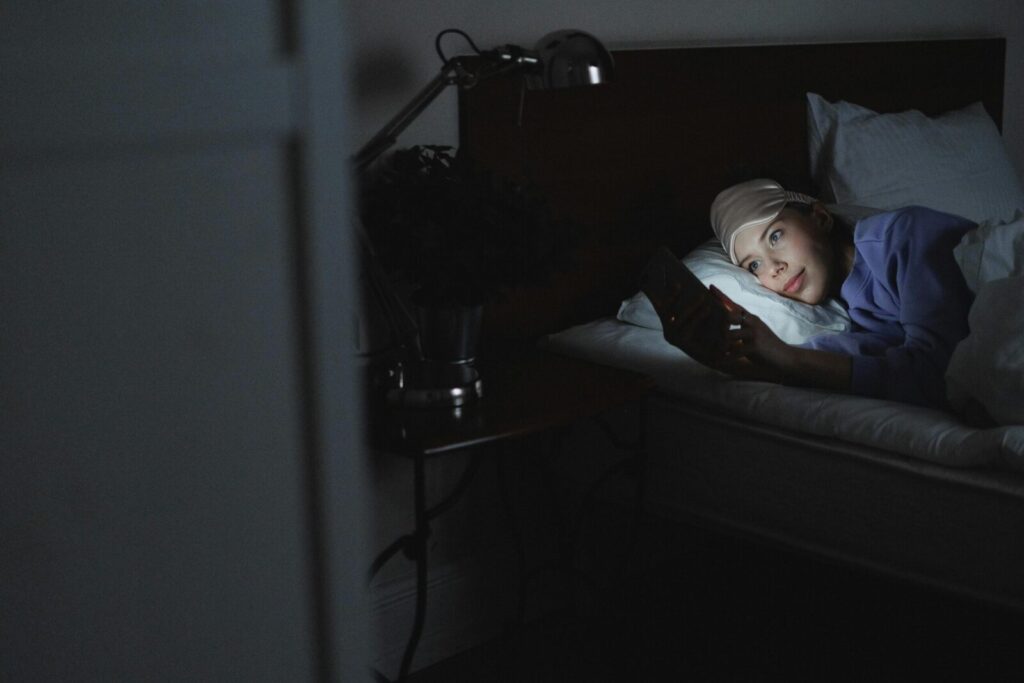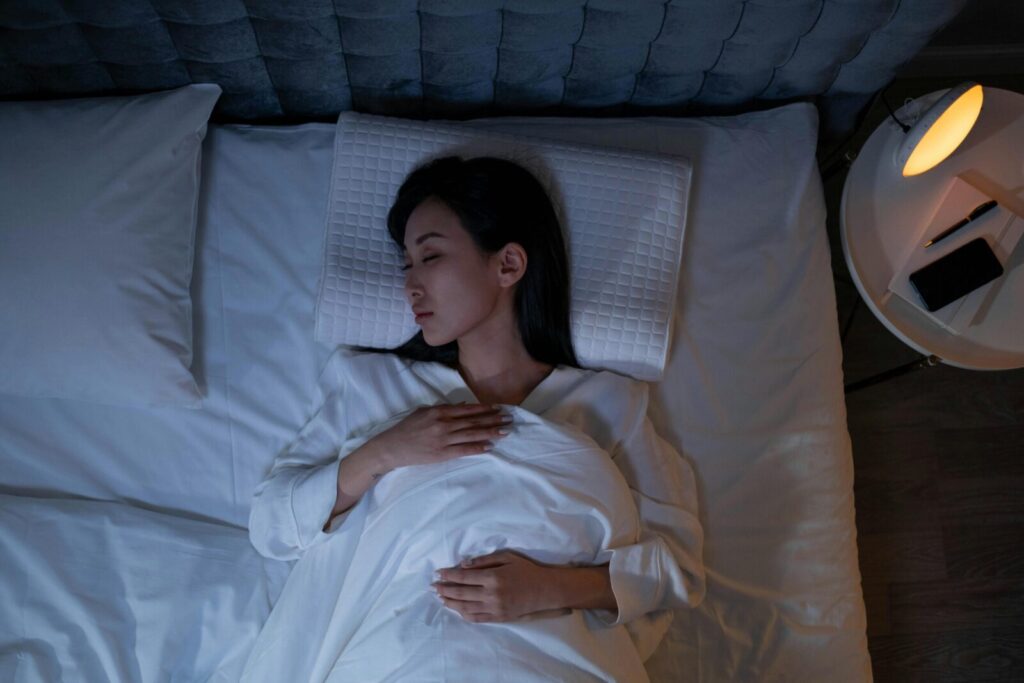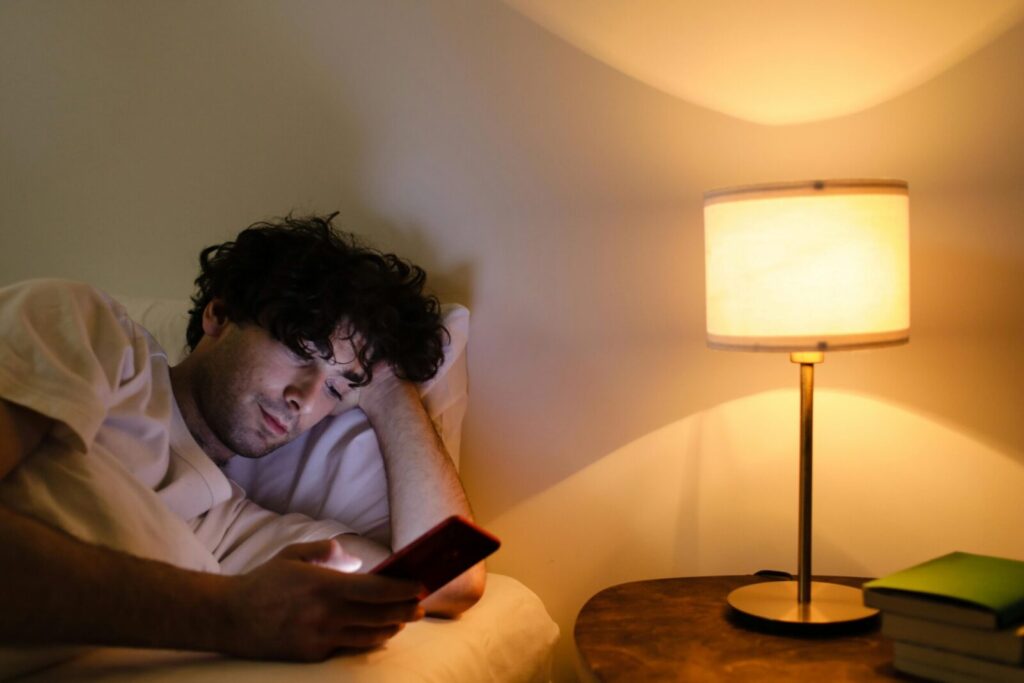In today’s fast-paced world, rest has taken on new meaning, largely shaped by the technology that surrounds us. From sleep tracking apps to smart mattresses that adjust to our body’s needs, innovations are redefining how we unwind and recharge. Once, rest simply meant sleep or quiet time, but now it’s a data-driven experience that helps us understand our bodies better. Wearable devices can tell us how long we spend in deep sleep, while meditation apps offer soothing soundscapes to calm the mind after a long day. Even lighting systems can now mimic natural daylight to help regulate our sleep cycles. But beyond the gadgets, technology is teaching us the value of intentional rest, to pause, reflect, and recover in ways that fit modern life. As our devices become smarter, they’re not just keeping us connected; they’re helping us rediscover the art of truly resting.
Smart Devices that Track and Improve Sleep

Technology has made it possible to understand our sleep in ways we never could before. Smartwatches and sleep tracking devices can now monitor heart rate, breathing patterns, and sleep stages, providing detailed insights each morning. This information helps people adjust their bedtime habits, recognize stress triggers, and make healthier choices for better rest. Some devices even recommend ideal sleep times or wake you gently during light sleep phases. By translating body data into actionable advice, technology empowers individuals to take control of their rest. What once felt like guesswork is now guided by science, helping us sleep smarter, not longer.
The Rise of Relaxation and Meditation Apps
Meditation and relaxation apps have transformed how we unwind after a long day. With soothing soundtracks, breathing exercises, and guided sessions, they make mental rest more accessible than ever. Apps like these provide a portable escape, something that fits easily into our pockets and daily routines. They help reduce anxiety, promote focus, and teach mindfulness in just a few minutes a day. For many, these digital tools have become a bridge to inner calm, especially in a world filled with constant notifications. By combining ancient practices with modern convenience, technology makes relaxation feel both personal and attainable.
Smart Home Features for Better Sleep Environments

Our living spaces are becoming more restful thanks to smart home innovations. Adjustable lighting systems can mimic sunrise and sunset, supporting our natural circadian rhythms. Smart thermostats regulate room temperature for optimal comfort, while sound machines create peaceful environments by masking noise. Even smart curtains can close automatically when it’s time to sleep. These subtle changes work together to create an ideal sleep environment that promotes quality rest without much effort. As homes become more responsive to our needs, they encourage better sleep habits naturally. Technology is no longer intrusive; it quietly enhances the way we recharge.
Digital Detox and the Balance Between Rest and Screen Time
While technology helps us rest, it can also keep us from truly switching off. Constant notifications and late-night scrolling make it harder to disconnect. That’s why many people are embracing digital detoxes, intentional breaks from screens that allow the mind and body to reset. Setting boundaries, like using “Do Not Disturb” mode or setting screen time limits, can make a big difference. This mindful use of technology reminds us that rest is not just physical but mental too. By using tech wisely rather than excessively, we can find balance, ensuring our digital tools support rest instead of disrupting it.
The Future of Rest: Personalized and Data Driven

The future of rest is all about personalization. As technology evolves, rest will become even more tailored to individual needs. Artificial intelligence can already analyze sleep data to suggest better bedtime routines or detect early signs of fatigue and stress. Future innovations may even predict when we need rest before we feel tired. Personalized rest experiences, from adjustable sleep pods to AI-driven relaxation plans, will make recovery more efficient and meaningful. As we continue to integrate technology into our lives, it’s clear that the next chapter of rest is smarter, more personal, and deeply human-centered.
Comments